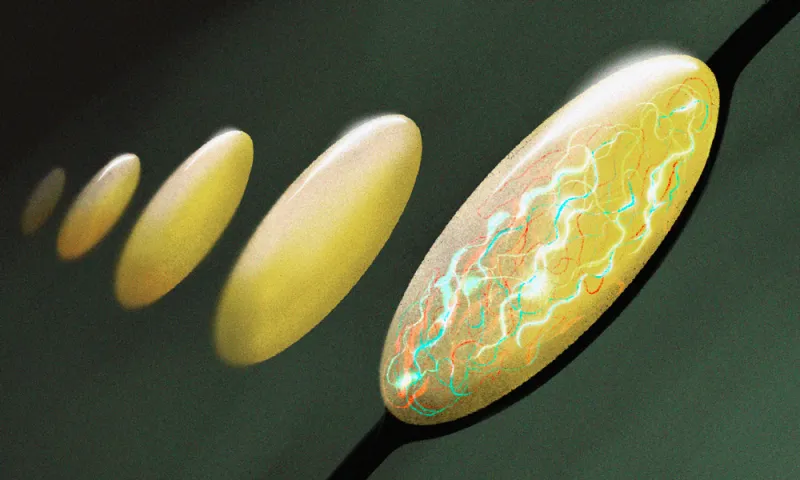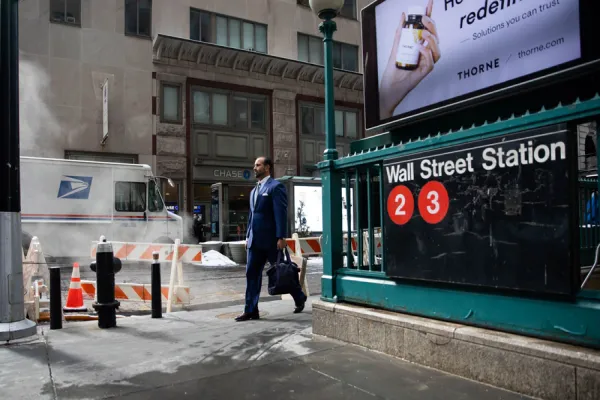The pandemic made raising capital a lot harder for new hedge fund managers — but those that were able to secure seed investments got a “considerable head start,” according to Seward & Kissel.
These capital infusions continued despite Covid-19 and acted as a “springboard” for new funds looking to attract more investors last year, the law firm said in its seventh annual seed transactions study focusing on the 2020 calendar year. According to Gary Anderson, a Seward & Kissel partner and the author of the study, the market environment created by the pandemic resulted in a “reawakening” of the value of including hedged vehicles in investment portfolios.
“That may have been beneficial to the hedge fund industry more broadly,” Anderson told Institutional Investor. “So long as people are expecting more flows into the hedge fund industry and it is expected to be a source of alpha going forward — which I think is the case — you’re going to get support for these new launches. And not just ordinary investors, but also the seed investors that are willing to put very substantial amounts of money to work.”
The pandemic also made apparent the different roles seed investments can play for hedge funds. For example, Seward & Kissel said seed investors can make “stabilizing” investments in funds that are facing outflows by providing “fresh and long-duration capital” to replace redeemed assets.
“If timed correctly, the influx of capital could avoid — or at least mitigate — any need by the fund to (i) quickly liquidate investments (often at artificially low prices) to raise cash and rebalance its portfolio in anticipation of funding redemptions, or otherwise (ii) gate — or even suspend — redemptions,” the law firm said.
Seed Support
The study also found that seed investors are increasingly willing to provide working capital to promising start-ups. Working capital refers to the willingness of seed investors to support the growth of the asset managers they invest in by bearing some of the operating expenses of those businesses, Anderson said. The percentage of deals with working capital support from seed investors has been steadily increasing over the last seven years, rising from 22 percent in 2014 to 53 percent last year.“Historically, seeders took the position of, ‘I’m going to give you a bag of cash on day one, and you’re not going to hear from me again other than you’re going to send me a check every quarter,’” Anderson said. “Over time, particularly the institutional folks have changed their approach and seen themselves more as a partner in helping grow the business and make it as successful as they could.”
Anderson said this dynamic between seed investors and the managers they invest in has become crucial to how seed deals work today. As for the future of seed deals, Anderson said he expects the current trends to continue.
“There isn’t any obvious reason why specialists that are able to identify unusual return exposure coupled with risk mitigation wouldn’t continue to be very attractive,” Anderson said. “As a result, I think the hedge fund industry will continue to be strong.”







